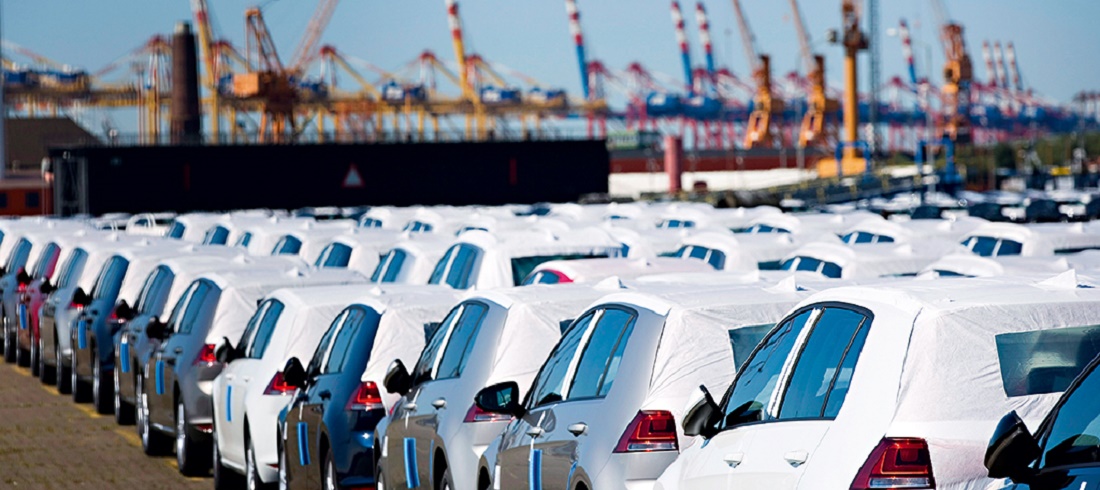
Vehicle sales rise 6% in January, recover pre-pandemic levels
Feb, 11, 2025 Posted by Gabriel MalheirosWeek 202507
For the third consecutive year, the automotive industry recorded an increase in domestic sales in January, bringing the Brazilian market back to pre-pandemic levels. Sales last month—171,200 cars, light commercial vehicles, trucks, and buses—represented a 6% increase compared to January 2024.
Domestic market growth and rising exports, driven by demand from Argentina, consequently accelerated production lines. The volume of vehicles produced in January—175,500 units—marked a 15.1% increase, making it the best January since 2021.
Exports have been growing for six months. The number of vehicles shipped in January rose by 52.3%, totaling 28,700 units. Revenue from foreign markets reached $807.7 million, a 30.2% increase compared to January 2024. Sales to Argentina rose by 103% year-on-year.
The faster pace led to the creation of new jobs. With 108,100 employees, employment at automakers in January grew by 8.3% over the past 12 months.
Measures announced by the new U.S. government have caused concern among automotive industry leaders. According to the president of the National Association of Vehicle Manufacturers (ANFAVEA), Márcio de Lima Leite, President Donald Trump’s announcements “bring a moment of unpredictability.”
“Even though some measures have been temporarily suspended, we are experiencing a moment of insecurity,” said ANFAVEA’s president during the presentation of the sector’s results for January. According to him, Mr. Trump’s idea of imposing a 25% tariff on imports from Mexico could “create idle capacity” in the Mexican automotive industry.
The executive also expressed concern about the upward trend of the Selic, Brazil’s benchmark interest rate set by the Central Bank, considering that financed sales had rebounded in 2024. “Interest rates above 14% are a risk,” he said.
According to Mr. Leite, in 2025, the automotive sector’s major challenge will be to maintain growth momentum despite rising domestic interest rates and external factors such as global economic slowdown and conflicts. “It’s a time to remain calm,” he said.
By Marli Olmos
Source: Valor International
-
Nov, 29, 2021
0
ABRAPA: 95% of the 2020/21 cotton crop has been processed
-
Trade Regulations
Jul, 18, 2024
0
New Mercosur Origin Regime valid from July 18
-
Meat
May, 31, 2021
0
Argentine ranchers extend meat strike
-
Ports and Terminals
Jan, 29, 2025
0
Federal Government Launches Groundbreaking Policy to Promote Sustainability in Ports, Airports, and Waterways


